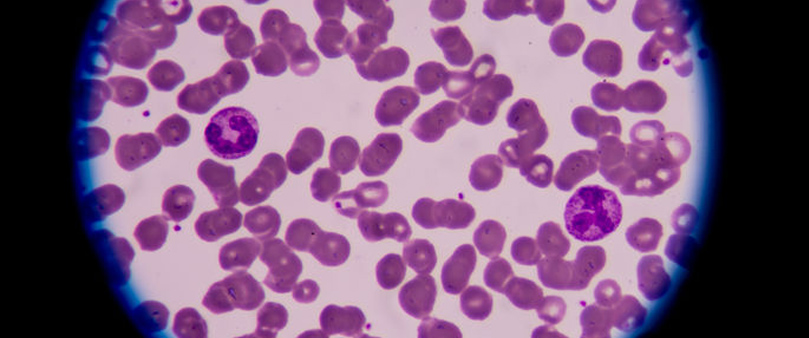
Predicting your risk to diseases
If you could know whether you were genetically predisposed to suffer from a heart attack or develop cancer – would you want to? That’s a question we might soon be thinking about – as scientists in the US are working on an app that lets you do just that.
MyGeneApp aims to use a person’s genetic data to estimate their risk of heart attack and stroke – thereby enabling them to make better informed choices about their health and lifestyles and hopefully reduce their chances of becoming unwell.
Geneticists and data scientists have been working in the field of genetic data for a while and are developing tests which look not just at a single gene – such as the BRCA gene for breast cancer – but at how our genes overall might make us vulnerable to certain health conditions.
Writing in the magazine Technology Review last month, Ali Torkamani, director of genomic informatics at the Scripps Research Translational Institute in California, and cardiologist Eric Topol explained: “With a few exceptions, the genetic tests used today detect only uncommon forms of disease – they identify rare variants in a single gene that causes the disease.
“But most diseases aren’t caused by variants in a single gene. Often a hundred or more changes in genetic letters collectively indicate the risk of common diseases like heart attack, diabetes, or prostate cancer.”
Tests which detect these types of changes produce what is known as your polygenic risk score.
Because they look at combinations of genes, they can reveal risks not apparent from your family history on either side.
“We’ve learned from studies of many polygenic risk scores that they provide insights we can’t get from traditional, known risk factors such as smoking or high cholesterol (in the case of heart attack),” Topol and Torkamani continued.
“These scores could change how we view certain diseases and help us understand our risk of contracting them.
“In the near future your smartphone might feature technologies that monitor your physiological, genetic, environmental, and behavioral characteristics. And this information could be linked to virtual medical coaches and AI systems that can synthesise it all and deliver you insights about your health.”
Upon discovering that you have a higher than average risk of a particular condition, you might choose to change your diet, lose weight, take a particular type of medicine or undergo regular screening.
Whereas tests involving single genes usually give a yes or no result, polygenic risk scores are on a spectrum from very low to very high risk. They don’t foretell your doom, Topol and Torkamani reassure us.
“Your polygenic score doesn’t represent an unavoidable fate – many people who live into their 80s and 90s may harbour the risk for a disease without ever actually getting it,” the pair added.
“You can’t change your genetic risk. But you can use lifestyle and medical interventions to offset that risk.”
MyGeneRank will also allow people to take part in a clinical trial to measure the influence of polygenic risk information on their behaviour and their health.
“There are still some issues and controversies we need to deal with,” Topol and Torkamani added.
“Genetic risk information is likely to make some people feel anxious or fatalistic (or might give others a false sense of security). Another challenge will be to convince people to forgo or delay medical interventions if they have a low risk of a certain condition.
“And finally there are the privacy concerns. We need to maintain our current protections against genetic discrimination so that people can benefit from their own genetic information without having to worry that insurance companies will get access to that information and use it to raise their rates or deny coverage.”
If your work involves groundbreaking scientific research,you may be entitled to tax relief through r and d tax credits. The rewards can be significant – and as R&D tax specialists,we can do almost all the work on your r&d tax claim for you. Have a look at our R&D tax credits calculatorfor an estimate on the value of your claim.





